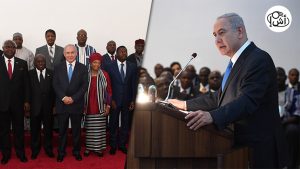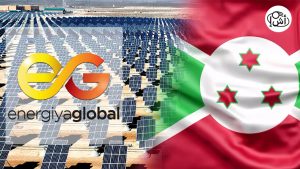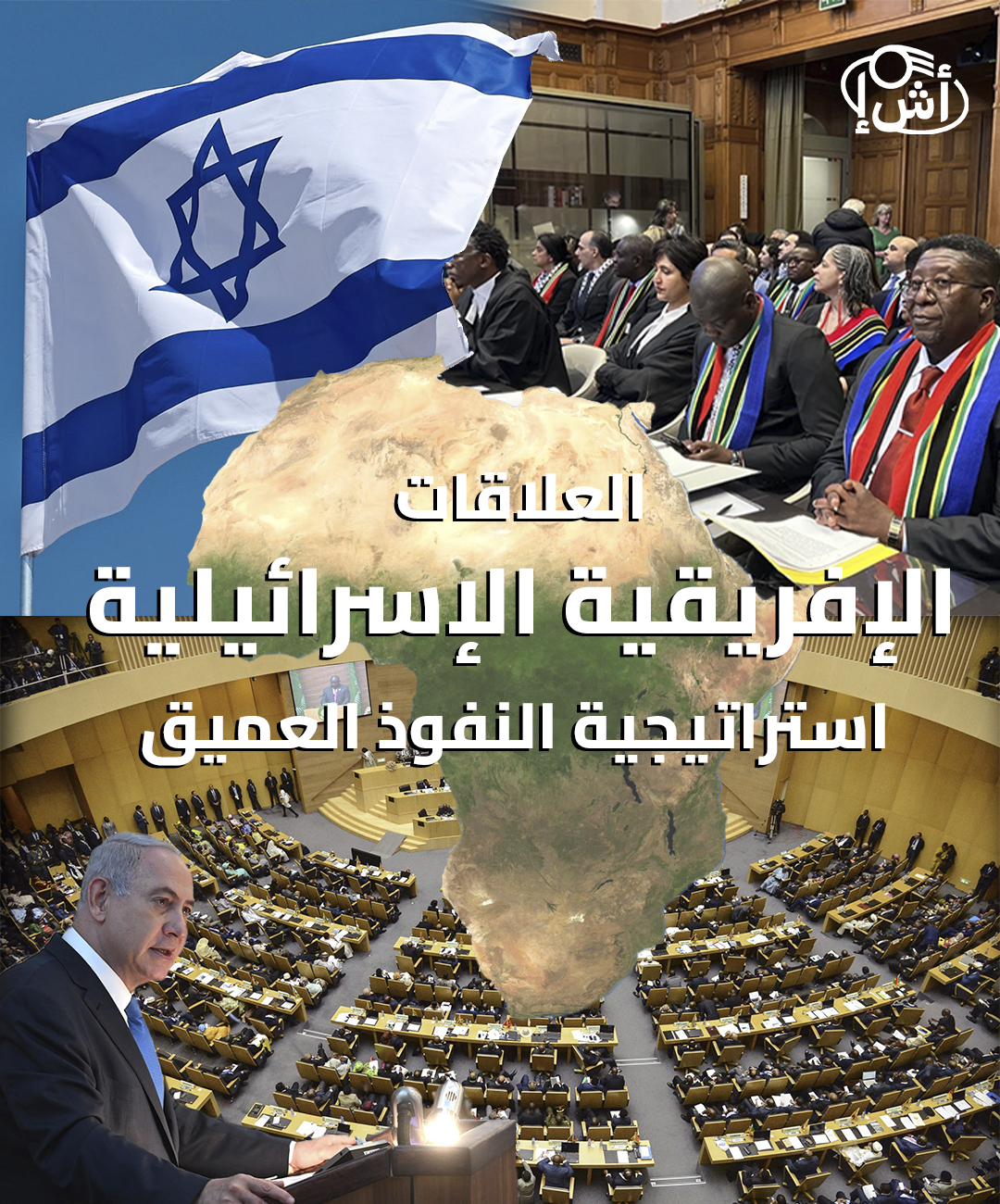South Africa’s lawsuit against Israel has exposed the complex relations between Tel Aviv and the African continent, putting Israeli efforts for decades to the test of shifting African positions.
This event opens the door to many complications facing the relationship between Tel Aviv and Africa in light of Israel’s attempt to build two partnerships: security and economic with the African continent, especially after the repercussions of the Arab Spring and Iran’s growing influence in Africa prompted Israel to reassess its position and introduced it into a field of competition as part of its quest to build strategic alliances. Although South Africa’s move reflects a form of tension over the Gaza events, Israel’s engagement with African countries seems deeper than the current event.

Economic Links
Africa is of great Israeli interest, expressed by Israeli Prime Minister Benjamin Netanyahu at the meeting of leaders of the Economic Community of West African States (ECOWAS) in June 2017, when he revealed Tel Aviv’s growing interest in building multiple bridges with the continent, both bilaterally and at the level of collective institutions, as Israel’s entry into the African market was characterized by significant investments in the sectors of technology, agriculture and renewable energy, as well as Israel’s attempt to obtain observer status in the African Union, along with efforts to to establish new diplomatic missions, and a broader strategy to gain a foothold, efforts that face numerous challenges and obstacles, some of which are linked to their controversial policy in the Middle East.

Israel has been able to deal with the African economy with its emerging markets such as Nigeria, Kenya and South Africa, and its investments have been diversified but focused on the green energy, agriculture, and high-tech sectors, with Energia Global committing to invest up to $1 billion in renewable energy projects in 15 African countries, and Gigawatt Global opening Burundi’s first solar power plant, boosting the country’s power generation by 10%.
Security level of relationships
The Israeli security intervention in the crises of Africa dates back to the early eighties, during the period of careful re-communication between Israel and many African countries, where the previous stages witnessed a disparity in the level of cooperation with newly independent African countries and in light of the division imposed by the Cold War, but the beginning of the fading clash between East and West in the mid-eighties Israel began to devote its strategy to overcoming its international isolation and promoting its security and economic interests, and the African continent was an important theater that it dealt with through the tactics of “trainers” “Individuals” whose roles emphasize Israel’s multifaceted approach to its African engagements.
These trainers are mostly veterans of the Israeli military and intelligence sectors and were able to effectively build an undisclosed network of relationships that later helped develop Israeli diplomacy, providing counterterrorism expertise, intelligence, and military tactics to African countries in their internal conflicts and security challenges.

Perhaps the first reference to this intervention was through the “Entebbe” operation on July 4, 1976, in Uganda to free Israeli detainees by elements of the PLO, as this operation highlighted the military capabilities, opened the door for private Israeli security companies such as “Mir Group” and “Black Cube” to play pivotal roles in security, and deepened their role after 2000 due to the events of September 11 and the start of the so-called “war on terror”.

Diplomatic tours, such as Avigdor Lieberman’s trip to Africa in 2009, underscore Israel’s desire to deepen relations and open support to African countries to face challenges ranging from security to agriculture, while military and intelligence cooperation, including the appointment of military attachés and the strengthening of security relations, make it clear that the political crises that are now surfacing relations have not affected much as they deal with infrastructure, whether economic or military-security.
Relations between Tel Aviv and African countries today may not be experiencing a stage of recovery, but contradictions and differences have always existed, there is a growing network of security, military and diplomatic relations with many African countries, driven by common interests in security and development, and on the other hand there are challenges from within Africa, where perceptions of Israel are constantly emerging due to the political event and the Palestinian issue, which was clearly shown in the failed Israeli attempt to obtain observer status in the African Union in 2021, due to Opposition resulting from Israel’s actions in Gaza.
Israel’s return to Africa seems like a multifaceted story as it faces various political fluctuations, but it carries with it strategic maneuvers: the pursuit of long-term partnerships reflects a wider range of immediate changes to enter the heart of international relations, security cooperation, and the ongoing quest for influence and alliances.
Written by Nidal Al-Khedary
Algerian influencer ” Maeva Ghennam ” banned from entering her country due to her visit to Israel (Video)
